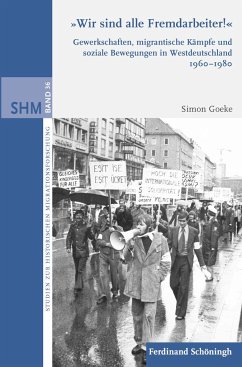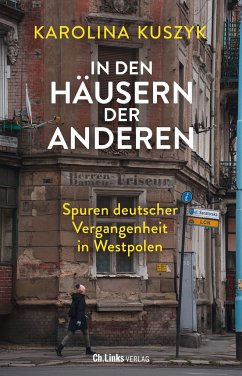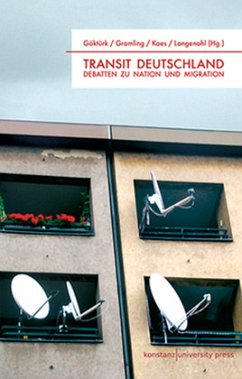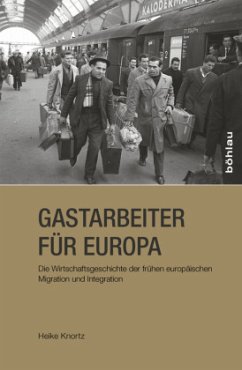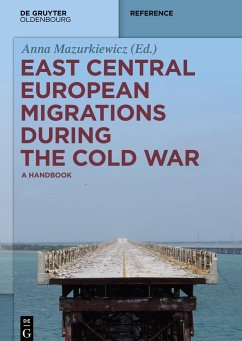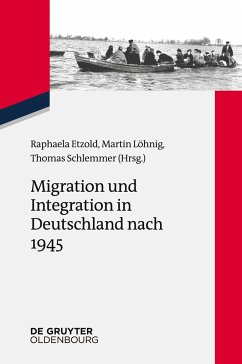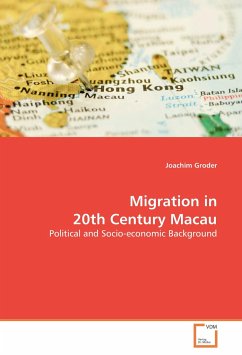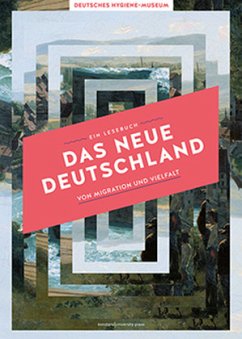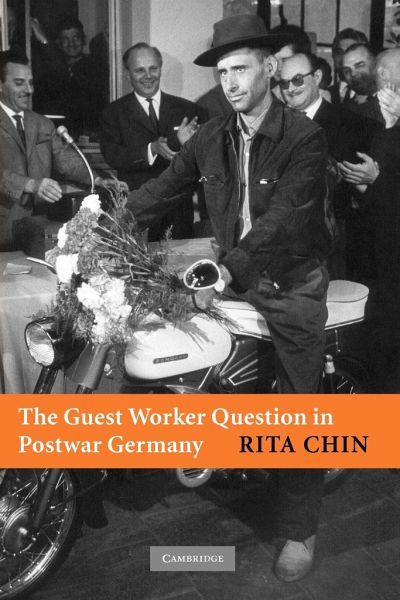
The Guest Worker Question in Postwar Germany

PAYBACK Punkte
16 °P sammeln!
This book provides the first English-language history of the postwar labor migration to West Germany. Drawing on government bulletins, statements by political leaders, parliamentary arguments, industry newsletters, social welfare studies, press coverage, and the cultural production of immigrant artists and intellectuals, Rita Chin offers an account of West German public debate about guest workers. She traces the historical and ideological shifts around the meanings of the labor migration, moving from the concept of guest workers as a 'temporary labor supplement' in the 1950s and 1960s to early...
This book provides the first English-language history of the postwar labor migration to West Germany. Drawing on government bulletins, statements by political leaders, parliamentary arguments, industry newsletters, social welfare studies, press coverage, and the cultural production of immigrant artists and intellectuals, Rita Chin offers an account of West German public debate about guest workers. She traces the historical and ideological shifts around the meanings of the labor migration, moving from the concept of guest workers as a 'temporary labor supplement' in the 1950s and 1960s to early ideas about 'multiculturalism' by the end of the 1980s. She argues that the efforts to come to terms with the permanent residence of guest workers, especially Muslim Turks, forced a major rethinking of German identity, culture, and nation. What began as a policy initiative to fuel the economic miracle ultimately became a much broader discussion about the parameters of a specifically German brand of multiculturalism.






